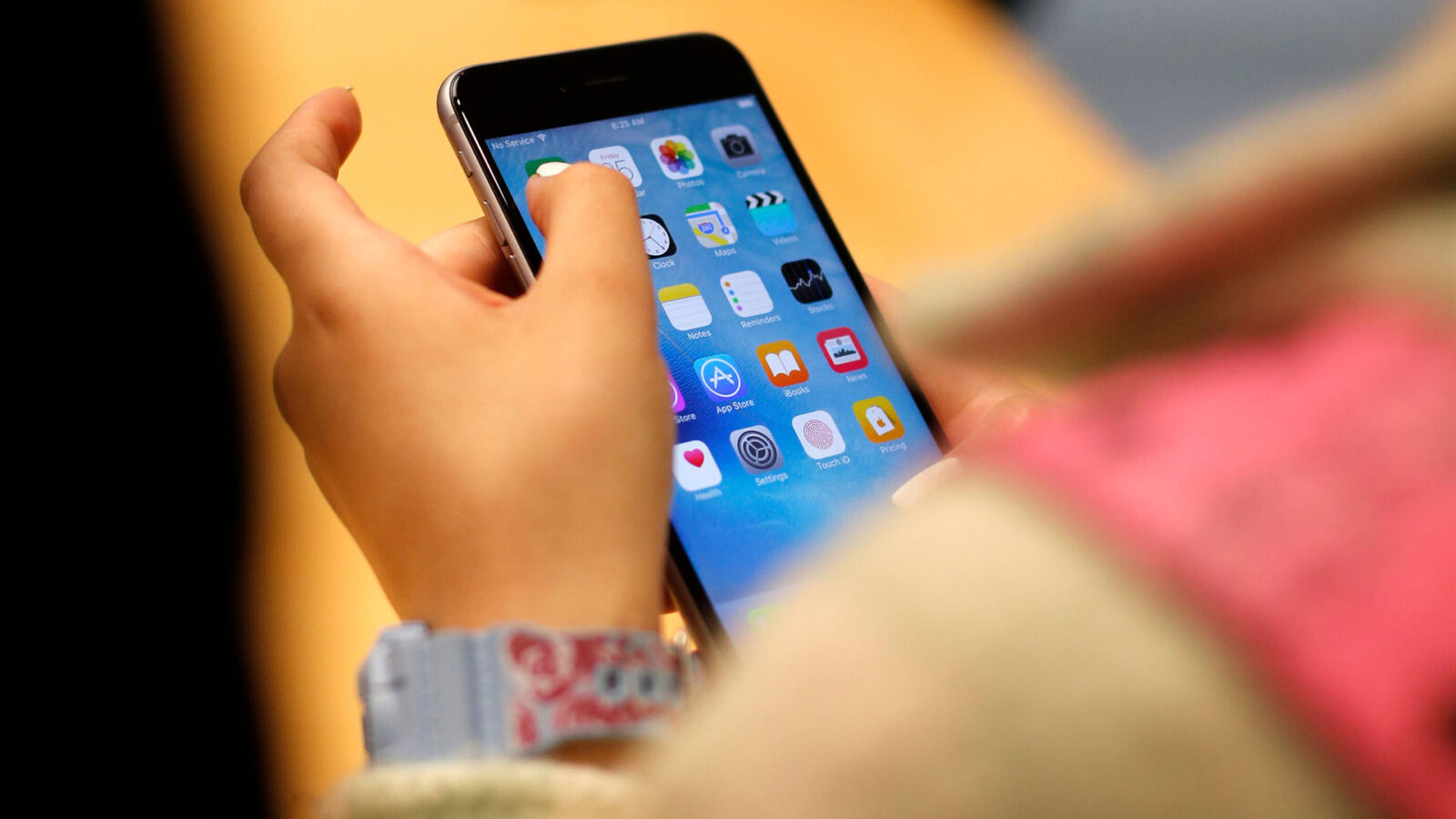Seoul – South Korea has passed a new law banning the use of mobile phones and smart devices during school class hours, making it the latest country to restrict phone use among children and teenagers. The legislation will take effect from the next academic year in March 2026.
The bill, backed by lawmakers from across the political spectrum, is part of a broader effort to curb rising smartphone addiction among youth. Supporters of the law cite growing research showing the negative impact of excessive screen time on learning, concentration, and social development. Parents and teachers have also argued that mobile phone use distracts students, affects academic performance, and takes away valuable study time.
However, the move has not been universally welcomed. Critics, including many students, have questioned how such a ban would be enforced in practice, whether it could create unintended consequences, and if it truly addresses the root causes of smartphone dependency. The debate reflects wider global concerns over balancing technology use and education in an increasingly digital world.
Seoul – South Korea has formally approved a nationwide classroom ban on smartphones, after lawmakers passed the bill on Wednesday with 115 votes in favour out of 163 members present. While many schools had already introduced restrictions, South Korea now becomes one of the few countries to enshrine such a measure in law.
Other nations have taken similar steps, though often on a smaller scale. Finland and France restrict phones primarily in schools for younger children, while Italy, the Netherlands, and China have extended bans across all schools. South Korea’s law, which takes effect in March 2026, places it among the most decisive in tackling smartphone use among students.
The move comes amid growing concerns over smartphone dependency in the country. A 2024 government survey found that nearly a quarter of South Korea’s 51 million people are excessively reliant on their devices, with the figure rising to 43% among teenagers. More than one-third of teens admitted they struggle to control the amount of time spent scrolling on social media.
Parents say this dependency is interfering with schoolwork, social development, and even basic interaction. “When they go to school, they’re supposed to study, build friendships, and take part in activities. Yet they can’t focus,” said Choi Eun-young, mother of a 14-year-old in Seoul. “Even when chatting with friends, they quickly return to their phones, and it naturally disrupts learning.”
Concerns extend beyond distraction. Some parents worry about the rise of online bullying, with children facing harsh insults and harassment on social media platforms. “Kids throw around unthinkably cruel words,” said Kim Sun, a mother of two primary school daughters, adding that the ban may also help reduce exposure to toxic online behavior.
While supporters see the ban as a crucial step toward healthier learning environments, critics remain skeptical about how effectively it can be enforced and whether it truly addresses the root causes of digital addiction.















Leave a comment